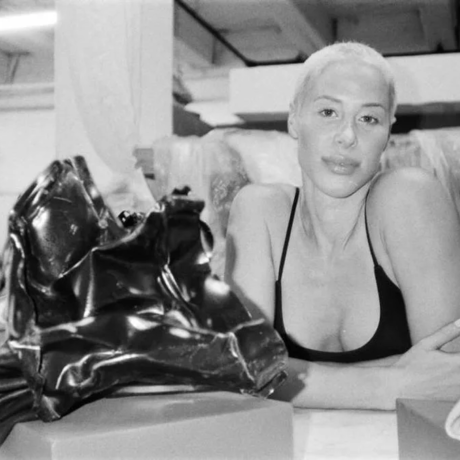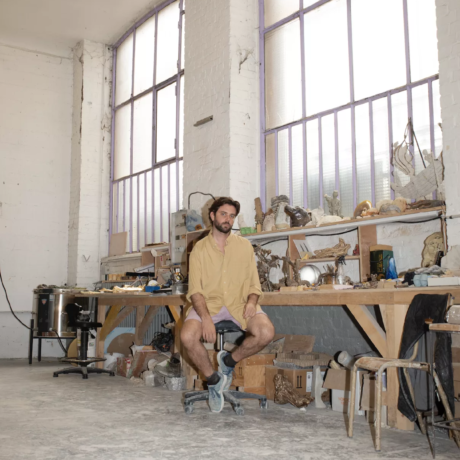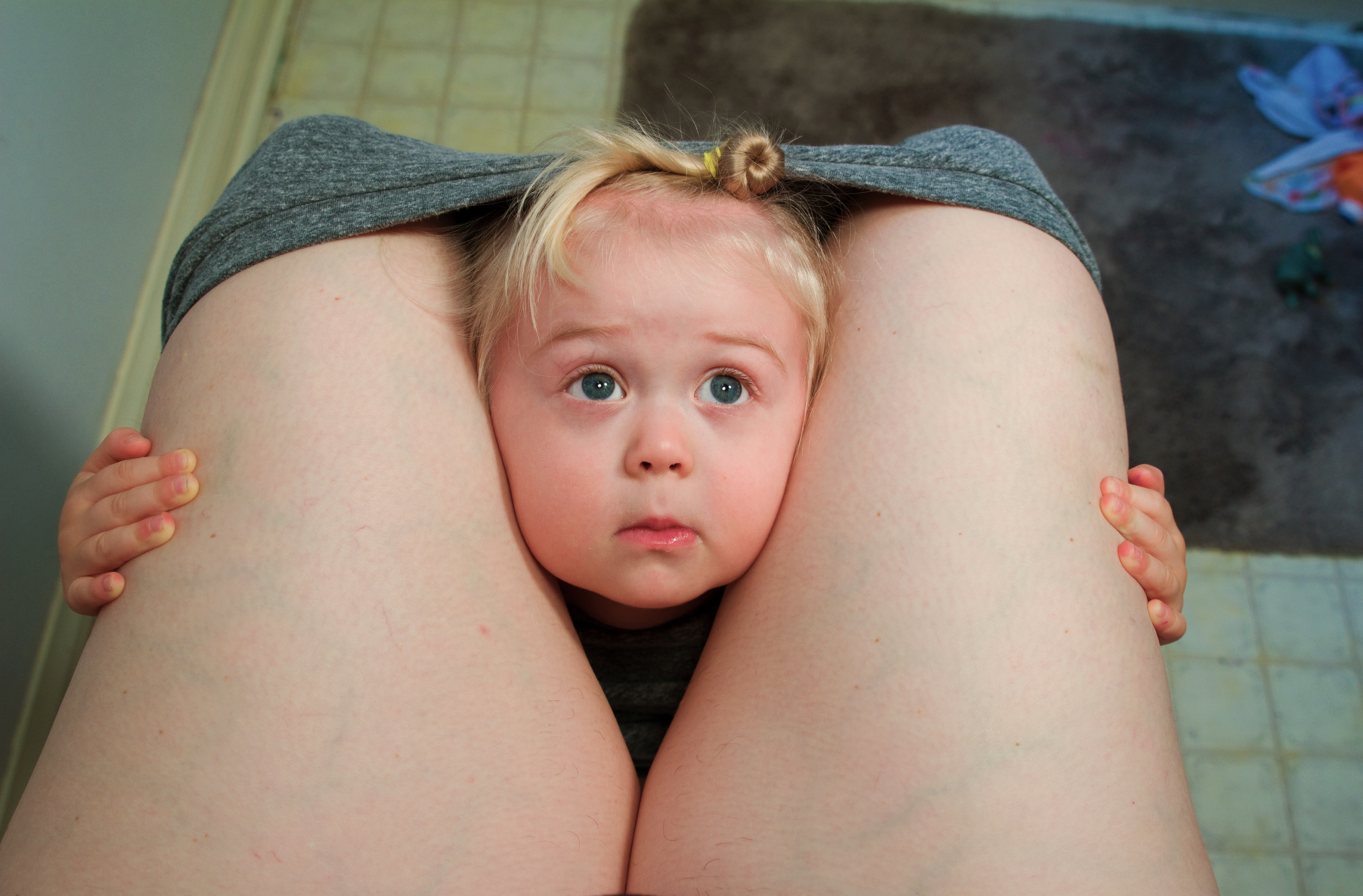
The day starts with the proud trumpet of loud shit happening on the pillow directly next to my head. Eyes dry, I lift the 7.5kg of cuteness with exploded nappy. Wet wipes wiped; sheets stripped off; child hoisted onto one hip. By 7am, daylight breaking in the window, breakfast and lunch are already made, toys have been played with and picked up, Old MacDonald has been sung fifteen times. Now there are the next twelve hours to think about, led by the 7.5kg small person. It might involve walking somewhere, throwing some food around, changing more nappies, dirty clothes, clean clothes, cuddling on the sofa, coffee (for me), giggling, little teeth sunk into new objects. Somewhere in between are my truant deadlines. The juggle, I’ve learned, is real.
I am freelance—and apparently, says Forbes, 43 per cent of the workforce will be by 2020. I began working again five days after the birth of my daughter (I haven’t dared to read what I wrote, but it was published). The £563 a month I received from the government was enough to cover the cost of earth-polluting nappies (not as expensive as I imagined, £8 for eighty-six, which lasts us around two weeks and biodegrades in 200 to 500 years) but doesn’t cover much else if you live in London or, I imagine, anywhere in the UK. There’s also the future to think of. As a freelancer in our fast-moving working world you’re quickly replaced by a more free freelancer. Your ten-year career to date counts for something, but it doesn’t mean you won’t be forgotten. And when your day is divided into 90 per cent baby, 5 per cent sterilizing bottles and 5 per cent sleep, what do you have to contribute to the public forum on culture, anyway?
“There is nothing about a recently-born, nor I imagine a toddler or a teenager, that seeks balance”
While doing some research in the early hours, I kept coming across the phrase “work-life balance“. The happiness of mother and child, it seems, depends only on finding this elusive WLB as quickly as possible and maintaining it forever. How to find it, or what it means, remains a mystery. The more I read it, the more I hated the phrase. WLB is something you can afford, if you have a nanny or can pay for a nursery that doesn’t feel like a petri dish. WLB is something you can achieve if you can afford to work less. If you don’t have a partner, WLB is laughable. Even if you can afford WLB, there is nothing about a recently-born, nor I imagine a toddler or a teenager, that seeks balance. The only balance a small child is interested in finding is with their little legs, as they pull themselves up on precarious bits of furniture. And you are a whirlpool of imbalance. Your hormones are unbalanced. Your body becomes asymmetric. Your love for your child is unbalanced.
On one day my daughter might sleep two hours, on other twenty minutes. I want to finish a sentence I’m writing but my baby wants to gnaw on my nipple. I need to read about erotic photography in the nineteenth century, but baby wants to pull a clump of cables down. In the time it’s taken me to write this, I’ve counted, I’ve been interrupted twenty-two times, pudgy hands tugging at my legs, new teeth nibbling at my knee or me having to jump to prevent some disaster. This often dissipates into a cloud of play taking the time with it.
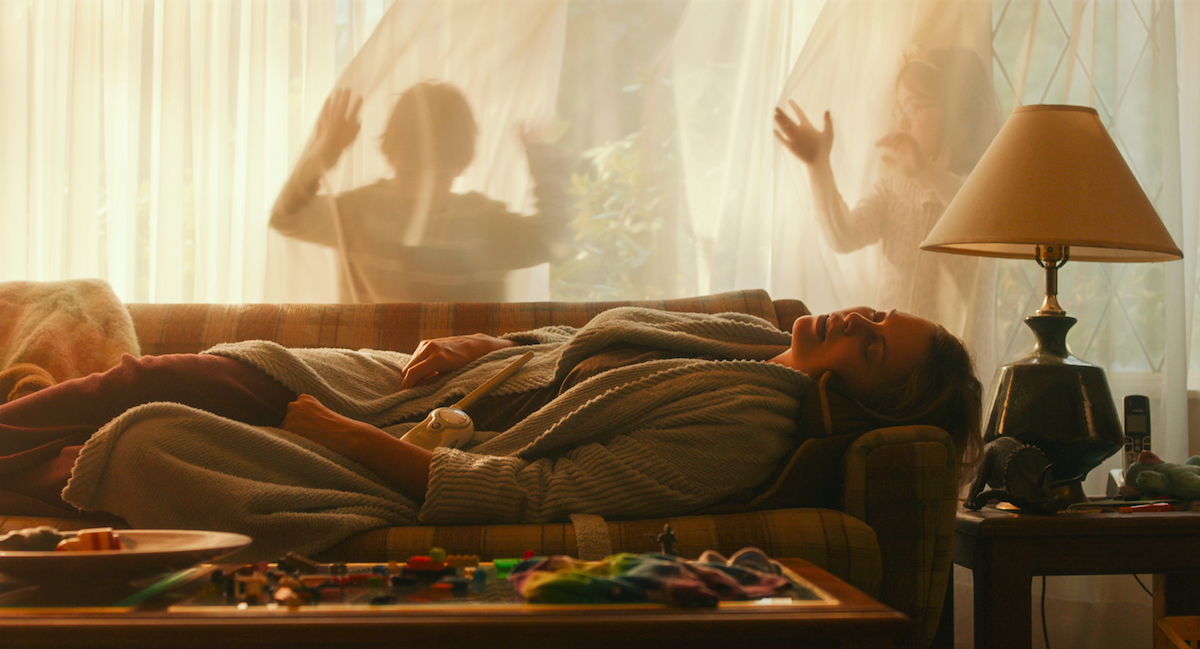
The film Tully (written and directed by the same duo behind Juno) is a dark portrait of the extremes of parenting, from the perspective of the protagonist, an exhausted mother-of-three, played by Charlize Theron. It demonstrates how hard it is to find any kind of balance. Watching the film felt uncomfortable to me, and acutely accurate in parts, particularly the endless routine, the foggy repetitious hours, the feeling of being constantly bedraggled and never on top of it all. Trying to find enough of yourself to spread beyond nurturing a newborn. Theron’s character doesn’t have a job. Her husband who rarely appears goes out to work and comes back. They scrape by, financially and emotionally. There is nothing that comes close to balance until an attractive young night nanny appears who cleans and bakes and lets bedraggled mother sleep. When it all comes to a head at the end the illusion of balance is obliterated. It left me wondering how many women there are struggling in silence, one-handedly, while being told they just need to find something so pragmatic as “balance”. The WLB is not just improbable, it’s a dangerous delusion.
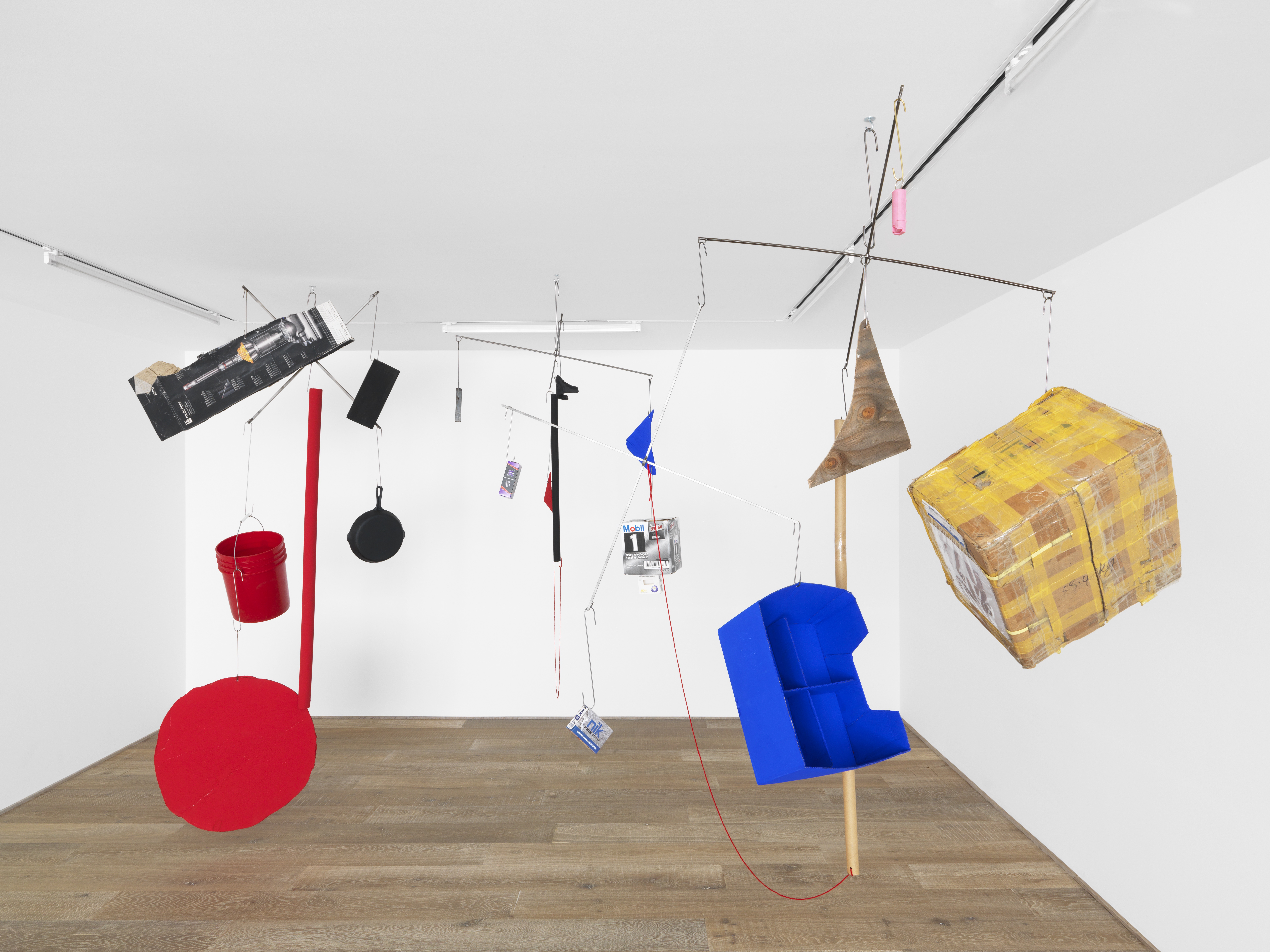
Much like Sterling Ruby’s installation work, Scales, life is full of dangly things. There are things you might bang your head on, there’s stuff that might fall on you; there are also things you might reach for when you need them. Some are heavy, some are light, and they certainly don’t balance each other out, but they are all somehow suspended in one place. It all hangs by a thread, but it works. Instead of trying to force balance, why don’t we relish the unbalance, as in Ruby’s Scales and its disordered joy, colour and logic-defying composition? As a parent, you don’t have a choice. You wind up doing some very unbalanced things. I’m following my daughter’s lead and giving up on the idea of balance. The scales will always be tipped in her favour. I love my work, but I have to accept it’s going to get squashed into all kinds of uneven chunks of time for now. I have to welcome lying awake at 3 am, writing on my phone. Life won’t be neatly balanced, into the right proportions (if it ever was before). My face will look like a conk-eyed Picasso portrait, imperfectly structured and misshapen by lack of sleep. The only way to deal with it is to string it all up there, for everyone to see, and revel in its absurdity.

